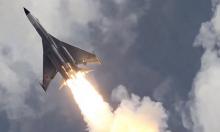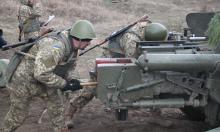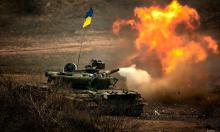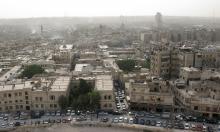China's Missile Intercept System Works All Right
China has reported it successfully tested a missile intercept system, in what analysts said was a show of its advanced air defence capabilities.
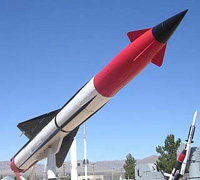
China conducted a test on ground-based midcourse missile interception technology within its territory. The test has achieved the expected objective. It is said to be defensive in nature and is not targeted at any country.
The news comes soon after a US official in Taipei said the Pentagon had approved the sale of Patriot missile equipment to Taiwan as part of a package passed by Congress more than a year ago.
Beijing -- which considers Taiwan part of its territory and has vowed to take the island back, by force if necessary -- has repeatedly voiced its opposition to the sales and urged Washington to cancel the deal.
China's defence ministry had warned at the weekend that it reserved the right to take unspecified action if Washington followed through with the sale, which it called a "severe obstacle" to China-US military ties.
The United States is the leading arms supplier to Taiwan, even though it switched diplomatic recognition from Taipei to Beijing in 1979.
But analysts said while the test would keep pressure on the United States over the Taiwan weapons sales, it was likely conducted as a general show of force, rather than for Washington's benefit, especially given the preparation time needed.
Beijing has poured money into its military in recent years as part of a major drive to upgrade the equipment used by the nation's 2.3-million-strong armed forces.
China's military spending rose 15.3 percent in 2009 to 69 billion dollars, according to a budget submitted to parliament in March, the latest in more than a decade-long string of double-digit increases.
But amid growing concern overseas about China's military intentions, Beijing frequently stresses the defensive nature of its armed forces.
The Global Times quoted senior military strategist Yang Chengjun as saying that the test had "ushered China into a new phase in terms of missile interception technologies".
"China needs an improved capability and more means of military defence as the country faces increasing security threats," Yang was quoted as saying.
That test came after the United States, under former president George W. Bush, announced a robust US plan to weaponise space -- a move vocally countered by Beijing and Moscow.
AFP has contributed to the report.
Subscribe to Pravda.Ru Telegram channel, Facebook, RSS!
